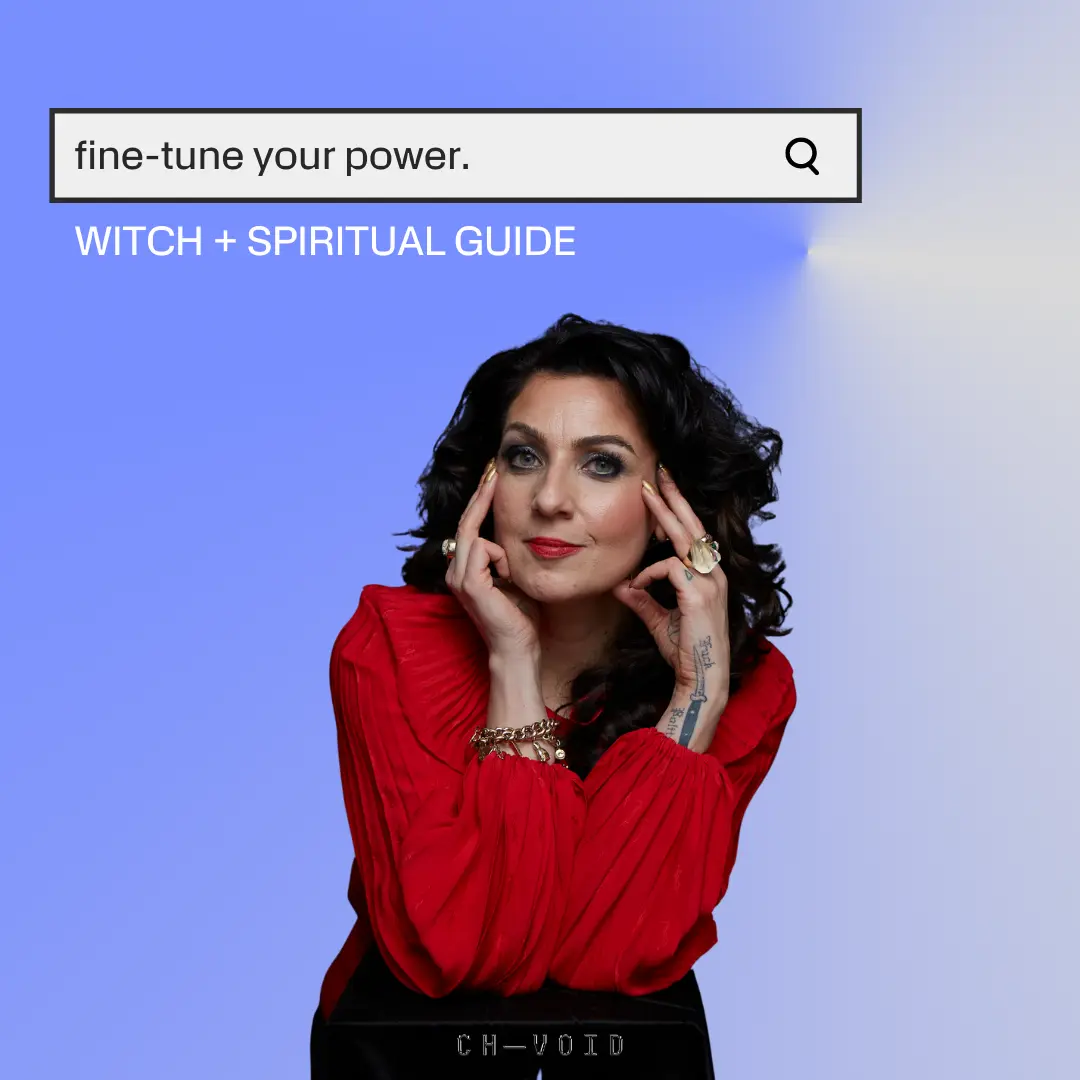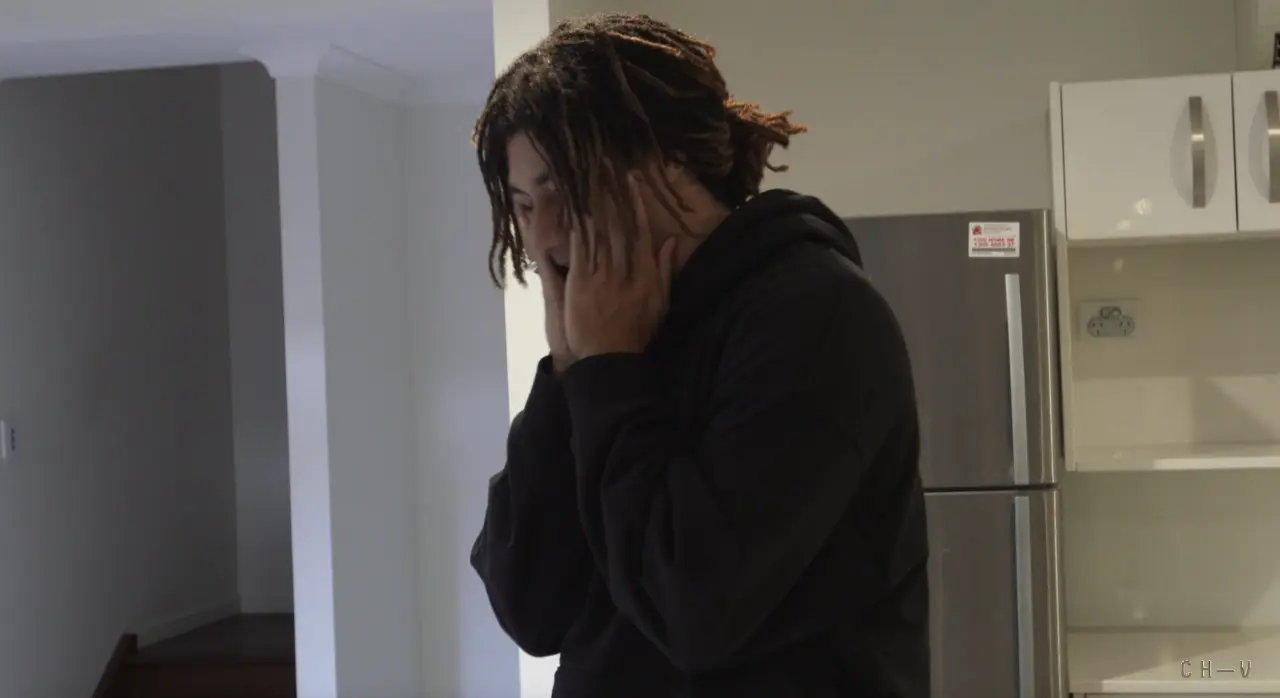DO YOU REALLY WANT TO LIVE FOREVER?
Fading youth is a universal experience, or is it?
In 1984 German synth-pop band Alphaville dropped the epic ballad ‘Forever Young’. An anthem for the loss of youth. Lead singer Marian Gold belts out, “Do you really want to live forever. Forever, and ever?” It’s hard not to feel emotional when you hear this song. Fading youth is a universal experience.
Twenty-two years later when I was sixteen, I went to a young leaders conference in Sydney. The keynote speaker was popular scientist Dr. Karl, who still to this day is probably Australia’s most-liked science guy. In 2014, Readers Digest voted him the 9th most trusted Australian. Since 1981, Dr Karl has hosted an hour-long radio show on Triple J, Thursday at 11 am. Curious listeners are encouraged to call in and ask curly science questions which he answers with his encyclopedic knowledge, if he doesn’t know the answer he’ll get to the bottom of it and report back. He’s published over forty books, making science fun and accessible for all ages. In 2019, Dr Karl was awarded UNESCO’s Kalinga Prize for science communication. He’s considered a living national treasure, which is a real thing.
Dr. Karl was giving his speech when something he said hit a chord with the pubescent crowd. He said:
YEAH, YOU KIDS ARE IMPORTANT BECAUSE YOUR GENERATION IS EITHER THE LAST TO DIE OR THE FIRST TO LIVE FOREVER.
When he finished his speech and it was time for questions a kid in the audience asked: “Yo, Doctor Karl what do you mean by living forever?”
He went on to explain how the rate of modern medicine and upgrades to our bodies through technology he wouldn’t be surprised if kids born in the nineties would live well into their two-hundreds and beyond. Because they’ve basically isolated the genes that cause ageing. Theoretically, these could be altered to stop or even reverse ageing. From there, that should give us enough lead time to work out how to download our consciousness and upload it to the cloud where we can exist forever. He added with a nervous chuckle:
THAT IS, OF COURSE, IF HUMANKIND DOESN’T DESTROY ITSELF FIRST.
That was fifteen years ago now, and I’ve watched the space of human longevity blossom. Business is booming and the product they are selling is time. When you think about it, time is the most non-renewable resource we have. In your dying days, how much would you pay to have a few more healthy days with the ones you love?
Let’s ignore downloading our consciousness onto the cloud and postulate for a second what does actually living to the year 2120 look like? American theoretical physicist, futurist, and popularizer of science, Michio Kaku, explores this scenario in his book ‘Physics of the Future’. He paints a picture of what a day in life could look like in one hundred years. Then, he explains how the fantastic technologies imagined are theoretically possible within the realm of physics: unlimited energy, teleportation, rearranging atoms with our minds. These are all things that real scientists are working on today. When you break everything down to the sub-atomic level, the possibilities are only limited to your imagination.
Whenever I get on the topic of the possibility that we may live for a couple of hundred years, it really splits the crowd. Roughly 50% are excited to see what the future holds, and the other 50% are quite happy living out their average life expectancy. The people on the pessimistic side of the fence usually land on the question: “Why would you want to live longer, the world is just getting worse and worse?”
I tend to stray towards the optimistic. When we watch the news, we are bombarded with the worst of the worst. Tragedy is compelling. Tragedy sells eyeballs. It’s easy to get swept up in the never-ending cycle of despair. While there is no denying there is terrible suffering in the world, and if you are reading this there is a good to fair chance you are considered in the top 1% of those on our planet better off. It can be easy to forget a few things:
We are living in the most peaceful time in human existence
Global poverty rate has moved from 35% in 1990 to 9% today
In the long term, homicide rates have fallen dramatically
We’ve rapidly reduced the supply of nuclear weapons
Global literacy is at an all-time high
People have been getting taller for centuries
Of course, there are human-caused undeniable scaries like global warming. But even when I look at that I am optimistic humans will find a way. The reason you are able to sit here right now and read this email is because humans are hardwired to problem solve. Small iterations of ideas over time have led us to magical screens that beam information wirelessly across the globe. For all our faults, we are pretty damn incredible. As Steve Jobs once said,
EVERYTHING AROUND YOU THAT YOU CALL LIFE WAS MADE UP BY PEOPLE THAT WERE NO SMARTER THAN YOU. AND YOU CAN CHANGE IT, YOU CAN INFLUENCE IT… ONCE YOU LEARN THAT, YOU’LL NEVER BE THE SAME AGAIN.
Yeah, this summer might be the hottest on record, and it might just be the coldest summer of the rest of our long lives, but we will adapt. The same way our ancestors lived through the ice ages. This time we have technology on our side. Look how we handled a global pandemic – millions of scientists banded together and created a vaccine in record time. There are more scientists working today than the entire combined number of scientists who lived before. Fuck yeah, science.
Excuse my science boner for a moment and let me get to the point I was trying to make in this article.
Let’s say, hypothetically, that you’re going to live for another two hundred years. That soon enough we are going to be able to stop ageing and you’ll be living in the body you have now.
Would you treat your body a little better?
Would you take your time with things?
Would you try and live a more sustainable life?
Or, as a friend from high school got tattooed on his chest, “Here for a good time, not for a long time”, and just let it rip?
All I hope is that Dr Karl is still doing his radio show for another couple hundred years. You’ve got nothing but time, baby.





















